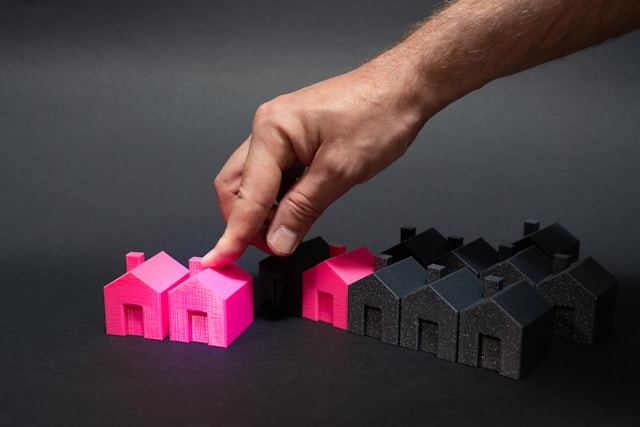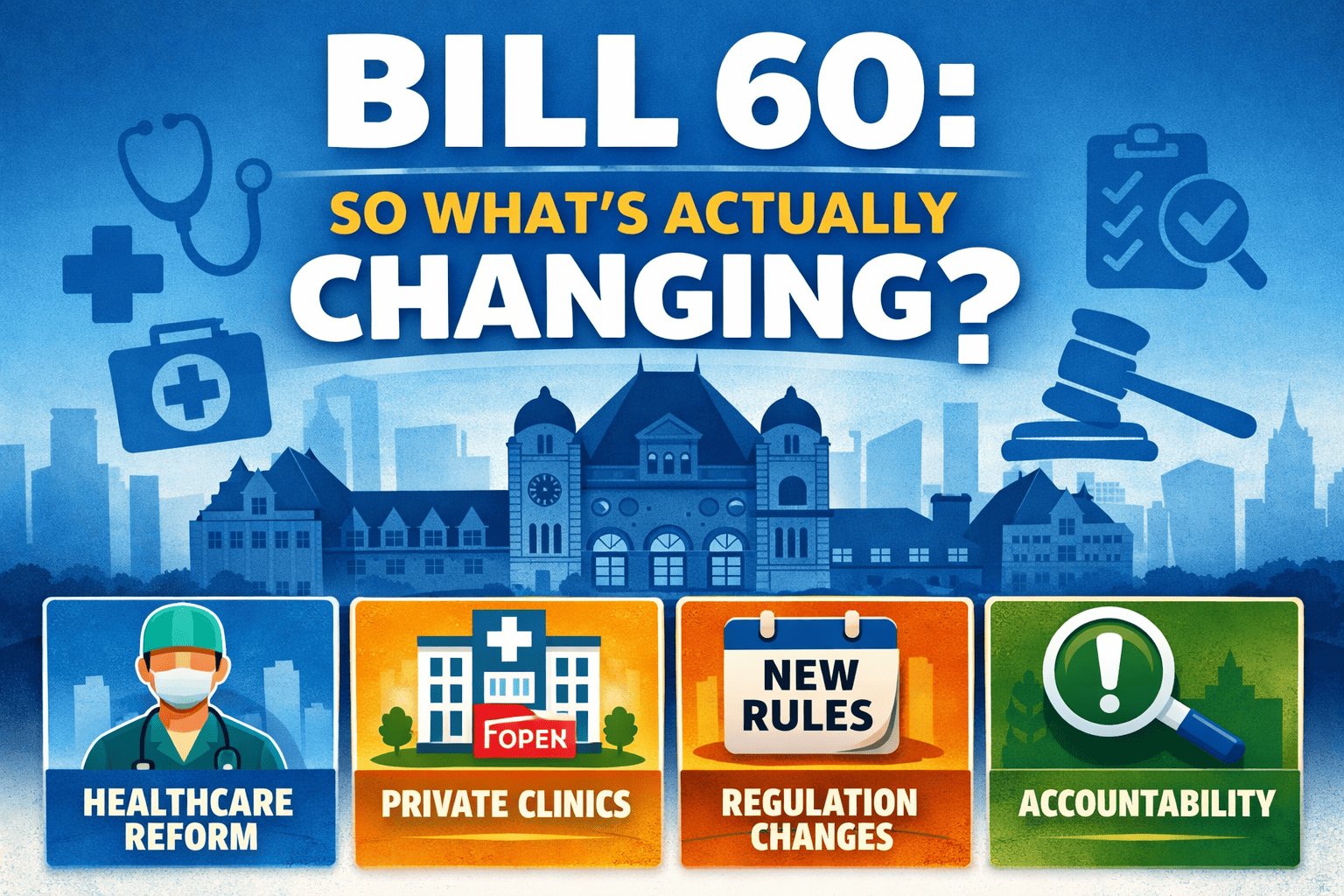When a condo owner raises a concern and the board doesn’t follow up, it often leads to more than just frustration—it creates division in the community. Whether it’s a hallway that remains uncleaned for days or a persistent noise disturbance, unresolved issues can quickly erode trust. While many board members are volunteers doing their best, they are still expected to uphold provincial condo law and ethical standards. The way a board manages condo resident complaints directly influences both resident satisfaction and legal risk.
Most Common Condo Owner Complaints in Canada
From our experience as expert condo property managers, these are the most frequently reported concerns:
- Noise Complaints: Loud music, barking dogs, or disruptive construction noise are among the top common condo owner complaints.
- Maintenance Delays: Broken elevators, faulty HVAC systems, or long waits for minor repairs can quickly become community-wide frustrations.
- Cleanliness in Common Areas: Overflowing garbage, unclean hallways, pest sightings—these issues affect residents’ perception of the building’s upkeep.
- Neighbor Conflicts: Disputes over smoking, balcony use, harassment, or pets.
- Unequal Rule Enforcement: Owners often feel some residents receive preferential treatment.
- Board Communication Gaps: Lack of updates or slow responses leaves residents unsure of what’s being done.
- Parking and Storage Issues: Disputes over assigned spots or misuse of shared storage areas.
These condo resident complaints are universal but vary in intensity depending on the building type and management approach.
Legal and Ethical Responsibilities of the Condo Board
In Ontario, condo boards are legally obligated to manage complaints transparently and fairly. The Condominium Act requires that the board act in good faith and treat all owners equally. That includes maintaining written records of complaints, investigating issues in a timely manner, and applying rules consistently. Poor documentation or inconsistent enforcement often leads to legal disputes or loss of credibility.
As outlined in our upcoming article on The Legal Responsibilities of Property Management Companies in Canada, failure to document timelines, actions, and decisions can expose the board to serious liability.
How to Set Up an Effective Complaint Response Process
Boards can significantly improve resident trust by implementing a clear complaint process:
- Use a Standard Complaint Form
- Designate a Board Member or Property Manager to oversee the issue
- Acknowledge the Complaint in Writing within 3 business days
- Investigate the Concern and Set a Target Resolution Date
- Communicate the Outcome with Clarity and Empathy
Working with a professional manager enhances response timelines. Explore the benefits of condo property management to see how trained staff can streamline this workflow.
When to Involve a Property Manager
A seasoned property manager can handle the majority of day-to-day complaints—especially when it comes to noise issues, garbage overflow, or hallway damage. Their neutrality helps minimize tension and protect the board from being seen as biased. For more serious complaints or recurring problems, they provide professional documentation and procedural structure.
Learn more about our condo property management services that support Ontario boards with proactive complaint resolution.
Best Practices for Communication and Transparency
Clear communication often prevents a formal complaint altogether. Boards should consider:
- Sending quarterly updates on resolved issues
- Hosting open forums or digital Q&As
- Posting standard timelines for complaint investigation
These efforts go a long way in building trust. As expert condo property managers serving the GTA, we often assist boards in implementing resident portals and automated updates to reduce miscommunication.
Complaint Scenarios and How Boards Should Respond
Here are a few examples of how complaints can be addressed:
- Noise Complaint Between Neighbors
- Complaint: “The upstairs unit has loud parties every weekend.”
- Response: The board or manager should verify the complaint (ideally with multiple sources), issue a written warning, and follow up within a set timeframe.
- Hallway Maintenance Concern
- Complaint: “The third-floor hallway smells and hasn’t been vacuumed.”
- Response: Confirm maintenance schedule, notify cleaning staff, and report actions taken.
- Alleged Favoritism by the Board
- Complaint: “Why does Unit 204 get away with having extra balcony furniture?”
- Response: Clarify enforcement procedures and ensure visible consistency across units.
- Pet Violation Complaint
- Complaint: “That dog is always off leash in the elevator.”
- Response: Document reports, issue a notice referencing the rules, and follow escalation protocol.
Boards that follow proper steps for handling condo disputes in Ontario can resolve tension without escalating conflict.
Regional Insights: Handling Condo Complaints in Toronto & Vaughan

In larger cities like Toronto, common complaints often center around elevator delays, garbage room overflow, and party noise. In lower-density condos across Vaughan, parking disputes and inconsistent rule enforcement are more typical. Both areas share a growing expectation for faster, tech-enabled communication and professional handling.
If your building is located in these regions, our Toronto condo management and Vaughan condo property managers specialize in region-specific governance support.
Preventing Complaints Before They Arise
An ounce of prevention is worth a pound of mediation. Boards can:
- Conduct quarterly walkthroughs of the property
- Send seasonal newsletters
- Educate new residents on rules and reporting channels
- Use an online portal to log and track all communication
These proactive steps reduce the number of formal complaints and show the community that their input matters.
Conclusion: A Proactive Board Builds a Happier Community
Condo boards have a legal and ethical duty to listen, document, and resolve resident concerns quickly and fairly. Clear processes, timely responses, and professional support can reduce liability and improve overall satisfaction.
If your board is struggling with complaint volume, slow response times, or resident frustration, it’s time to connect with a team that specializes in community harmony.
Ready to reduce complaints and improve community life?
Get in touch with our condo property management experts.





